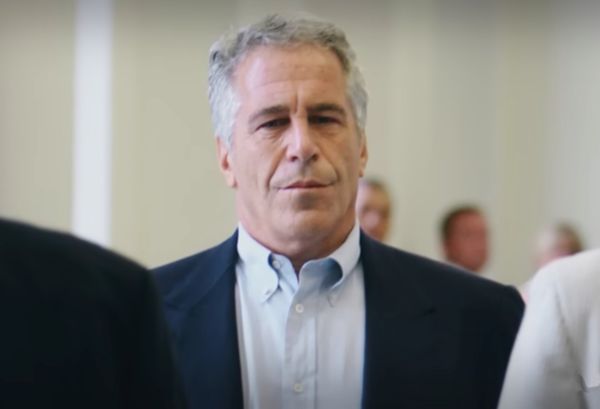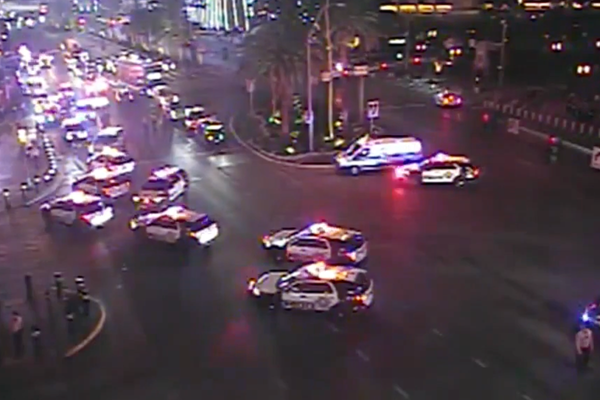
An Egyptian refugee detained by Australia for more than a decade has been cleared by Asio of being a security threat, but the home affairs department continues to stall on his release.
Sayed Abdellatif arrived in Australia by boat in 2012, seeking asylum with his wife and children. Australia has recognised he has a well-founded fear of being persecuted and cannot be forced to return to his home country. But he has been denied a visa on the basis of tainted security assessments and held in immigration detention.
Abdellatif was convicted in absentia in a discredited mass trial in Cairo in 1999 for offences he says he never committed. The evidence used against him was obtained under torture, and he says he has also been the victim of torture.
Abdellatif’s lawyer Zali Burrows was informed on 6 July that Asio’s director general had made a “non-prejudicial assessment” in favour of Abdellatif, clearing him of adverse security assessments that formed the basis of his detention.
According to documents seen by Guardian Australia, Burrows was told the home affairs department had been advised of the new assessment. She has requested the department urgently grant Abdellatif a protection visa or allow him to live in the community while his status is assessed.
His wife and six children have lived in the Australian community for years.
“I have been in detention and away from my family for almost 11 years and three months,” Abdellatif said. “Now I finally have Asio clearance and I don’t understand why I have to remain detained any longer.”
Abdellatif said he had been told by immigration officials he was unable to reapply for a temporary protection visa, previously rejected on security grounds.

“How much longer do I need to wait? I think 11 years of assessing a case, and all the torment of detention is more than enough,” he said. “It’s been devastating and hurtful for my family.
“My lawyer and I have been asking every day for the past three weeks for an update and all I received were vague replies with no timeline and no steps towards my release.”
Prof Ben Saul, an international law expert at Sydney University, said it was impossible to know why a security assessment was lifted if Asio did not explain.

“It could be that Asio reconsidered the evidence and found it lacking, or tainted by torture, or that any threat posed 11 years ago is no longer current,” he said.
“Regardless, the case shows the gross unfairness of Australian law in denying procedural fairness, by excessively restricting a person’s right to see secret evidence against them, and permitting arbitrary indefinite detention, both contrary to international law.”
An Australian Border Force spokesperson said they could not comment on individual cases, but the government was committed to humane and risk-based immigration detention policies.
“The length and conditions of immigration detention, including the appropriateness of both the accommodation and services provided, are subject to regular review by the department of home affairs and the commonwealth ombudsman,” they said.

In a 133-page federal court judgment last year, Justice Debra Mortimer found the adverse security assessments made by Asio against Abellatif and used to block his claim for asylum were “legally unreasonable”, riddled with errors and denied him procedural fairness. She said the assessments should be set aside.
Mortimer criticised some of Asio’s interrogation techniques as “unreasonable and unrealistic”, including conducting an eight-hour, 700-question interview during Ramadan when Abdellatif could not eat or drink in daylight hours.
The government appealed and Mortimer’s ruling was struck down in the federal court earlier this year, with Asio telling the court it held “classified information” it could not share with Abdellatif that formed the basis of his detention.







